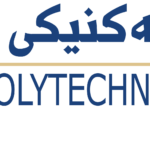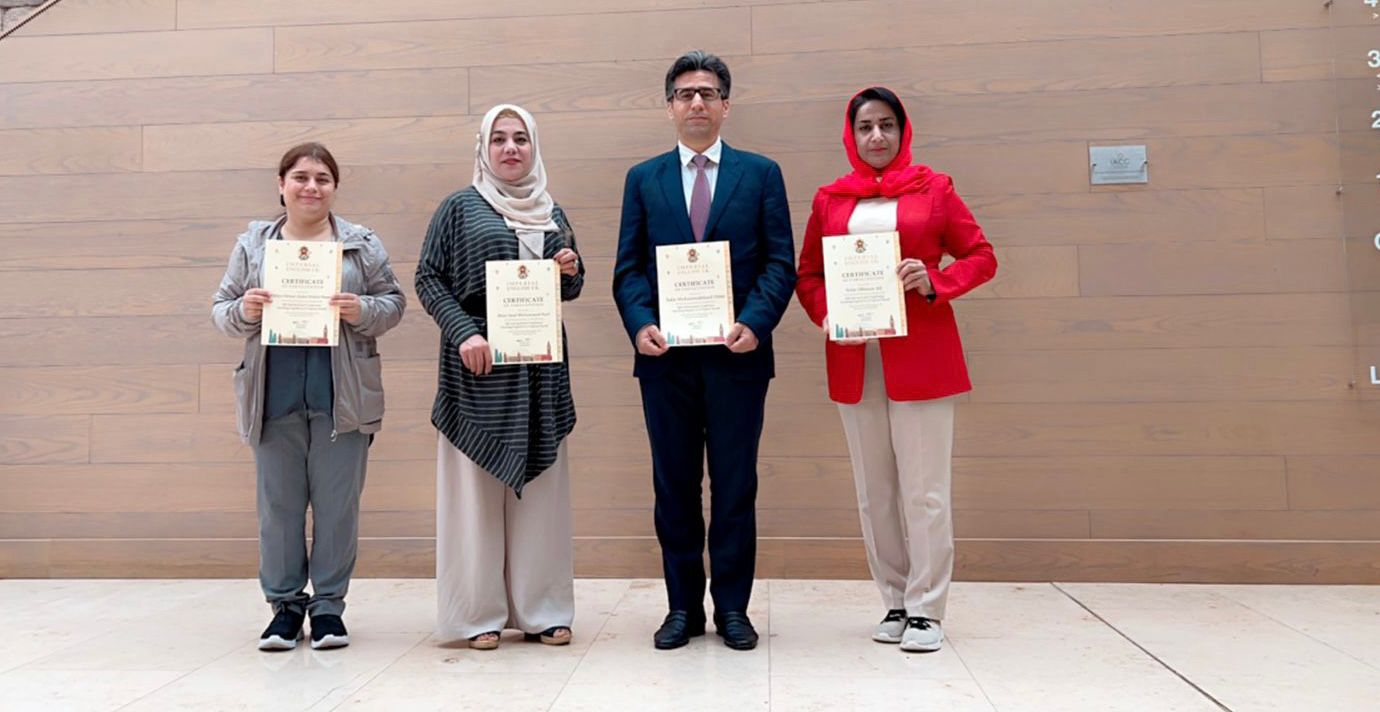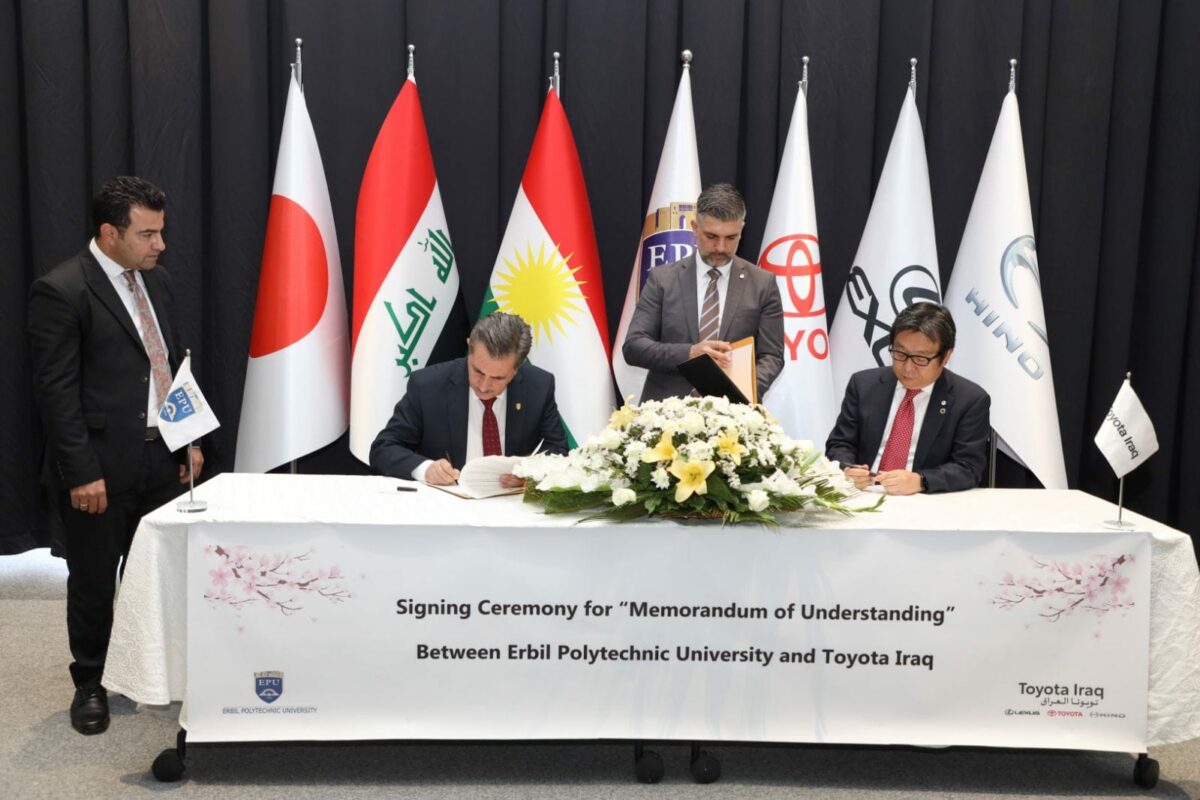- Mohammed Qader Mustafa
- mohammad.qadr@tiu.edu.iq
- 0750 902 3737
- Immunophenotyping and IL-18 Promotor Gene Polymorphism in Acute Lymphoblastic Leukemia in Erbil - Print
-
Acute Lymphoblastic Leukemia (ALL) is a malignant neoplasm of the hematopoietic system that primarily affects children. The pathogenesis of ALL is complex and multifactorial, involving various genetic, epigenetic, and immunological factors. This study aimed to investigate ALL patients' immunophenotyping and DNA polymorphism of the IL-18 gene (rs1946518) and explore their potential clinical implications.
In this study, a total of 51 patients with ALL were enrolled. The average age of diagnosis was 8.7 years. Out of these 51 patients, 32 were selected for molecular studies, while 10 children were included as control subjects to analyze further the molecular data, 10 random samples out of the 32 PCR products were chosen for Sanger sequencing, and their clinical characteristics, including age, sex, and subtype of ALL, were recorded. A complete blood count (CBC) was performed to assess the hematological parameters of the patients. The expression of several CD markers, including cTDT antigens, human leukocyte antigen-DR(HLA-DR), cytoplasmic myeloperoxidase, CD117, cCD79a, CD56, CD34, CD33, CD22, CD19,CD11b, CD10, CD7,cCD3, CD2, was analyzed using flow cytometry. Genotyping of the samples for IL-18 gene polymorphisms was conducted through Tetraprimer Amplification Refractory Mutation System Polymerase chain reaction(T- ARMS PCR). Also, the promoter region of the IL-18 gene was amplified through Polymerase Chain Reaction (PCR), and any mutations or Single Nucleotide Polymorphisms (SNPs) was analyzed via Sanger sequencing. Additionally, genotyping of the samples for IL-18 gene polymorphisms was conducted through Tetraprimer Amplification Refractory Mutation System polymerase chain reaction (T-ARMS PCR).
VI
The results showed that most patients (75.8%) had pre- or common B-ALL, while 12.1% had T-lymphoblastic leukemia (T-ALL) , 9.1% patients had Pro- B ALL and 3% patients had Burkitt's lymphoma. Significant differences were observed in CD marker expression between patients with different CD expressions, with CD19+, CD79a+, and CD10 associated with a higher blast percentage. There seemed to be variations in CD marker manifestation among the age groups below 15 and above 15 years. CD79a, CD22, CD19, CD10, TdT, HLA-DR, and CD123 were commonly expressed positive CD markers, whereas CD45 had moderate to low expression and was not associated with these markers. In terms of IL-18 gene polymorphisms, 100% of the control population had homozygous wild-type alleles, while six patients (18.75%) had heterozygous (CA) alleles, and four patients (12.5%) had homozygous (AA) alleles. The remaining 68.75% had 2 polymorphic alleles on the promoter’s region. The current study identified 23 mutations through Sanger sequencing for 10 random samples in the promoter region of the IL-18 gene, including SNPs, insertion, deletion, and duplication. There were 11 types of variation, with 14 being sense and 9 being non-sense mutations. The study also discovered 3 previously unknown (Novel) SNPs, which increases our knowledge of genetic variation in the IL-18 gene.
In conclusion, this study highlights the importance of immunophenotyping and DNA polymorphism analysis in understanding the pathogenesis of ALL and its potential impact on patient management. The findings suggest that specific CD markers and IL-18 gene polymorphisms may be associated with a higher risk of developing ALL. Further research is needed to investigate these associations in more detail. This study provides valuable insights into the molecular and immunological mechanisms underlying ALL and lays the groundwork for future studies.
- Erbil Technical Health College
- Medical Analysis
- Hematolog
A Delegation of the Erbil Polytechnic University visited the United Kingdom to participate in an activity and hold several meetings with governmental and academic institutions.
The delegation consisted of the Rector Representative Dr. Talib Muhammed Sharif, Dr. Selar Othman the Representative of the Imperial English College-UK in the Erbil Polytechnic University, Ms. Hero Saed Muhammed Nuri, and Ms. Zhilia. On Sunday, the 9th of June, 2023, they attended a six-day scientific conference entitled “Teaching English in a Digital Word” organized by Imperial English/UK and Aston University in Birmingham.
The delegation’s visit and participation in the conference is a part of the collaboration between our university and Imperial English/in the field of English and academic language. On the sidelines of the conference, the EPU delegation and the Head of Imperial English/UK held a meeting and discussed the joint projects between the two sides, especially the reform of English programs in colleges and institutes affiliated to our university. The Imperial English/UK expressed their full cooperation to further promote their collaboration with the EPU.
Our university delegation also visited the Mayor of Birmingham and they presented a gift to the Mayor. In a speech, our university delegation spoke about the progress and peaceful coexistence in our region and said that as Kurdistan fought against ISIS terrorists instead of the world, more work should be done to assist the region in all areas, especially working on the friendship between the Erbil City and Birmingham.
The delegation also visited the University of Coventry and within the academic relationship they discussed the collaboration and joint work in carrying out joint projects between students from both sides in the fields of automotive and engineering.
During their stay in the UK, our university delegation visited the University of Cambridge to build relationship and sign future memorandum of understanding.
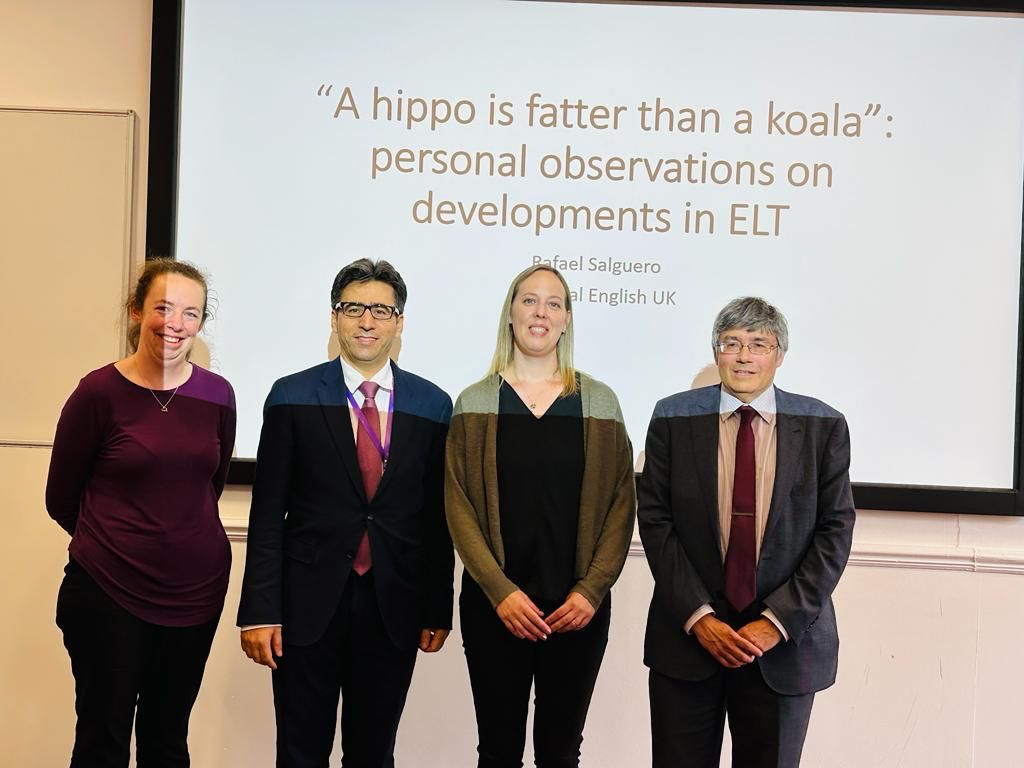
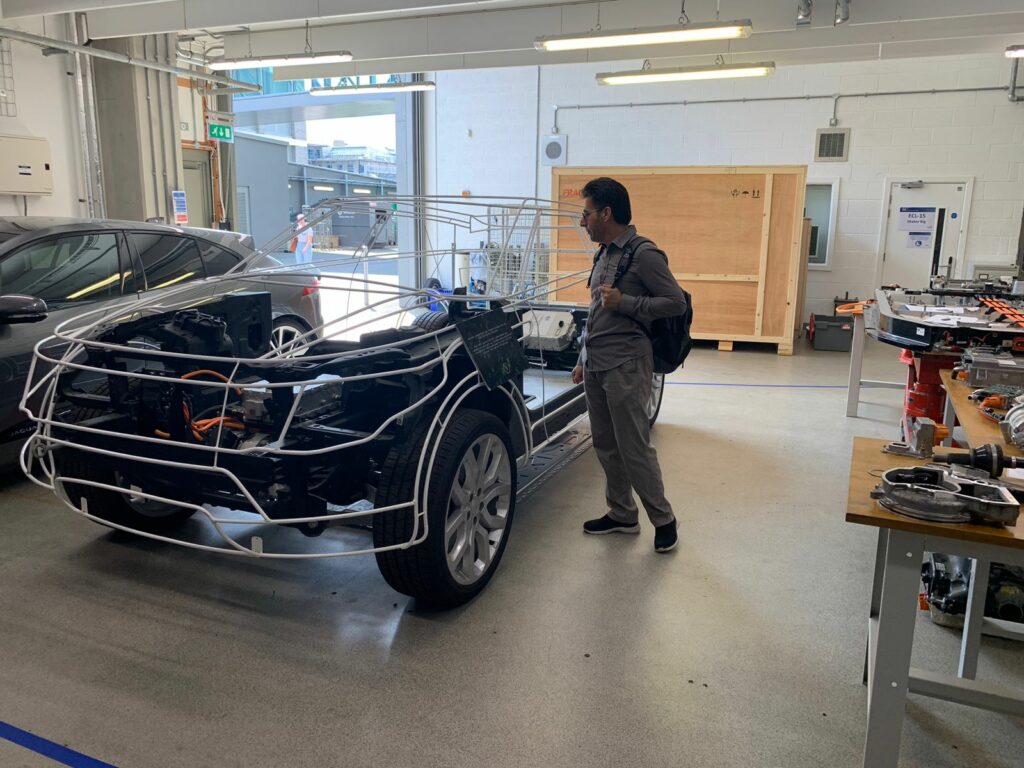
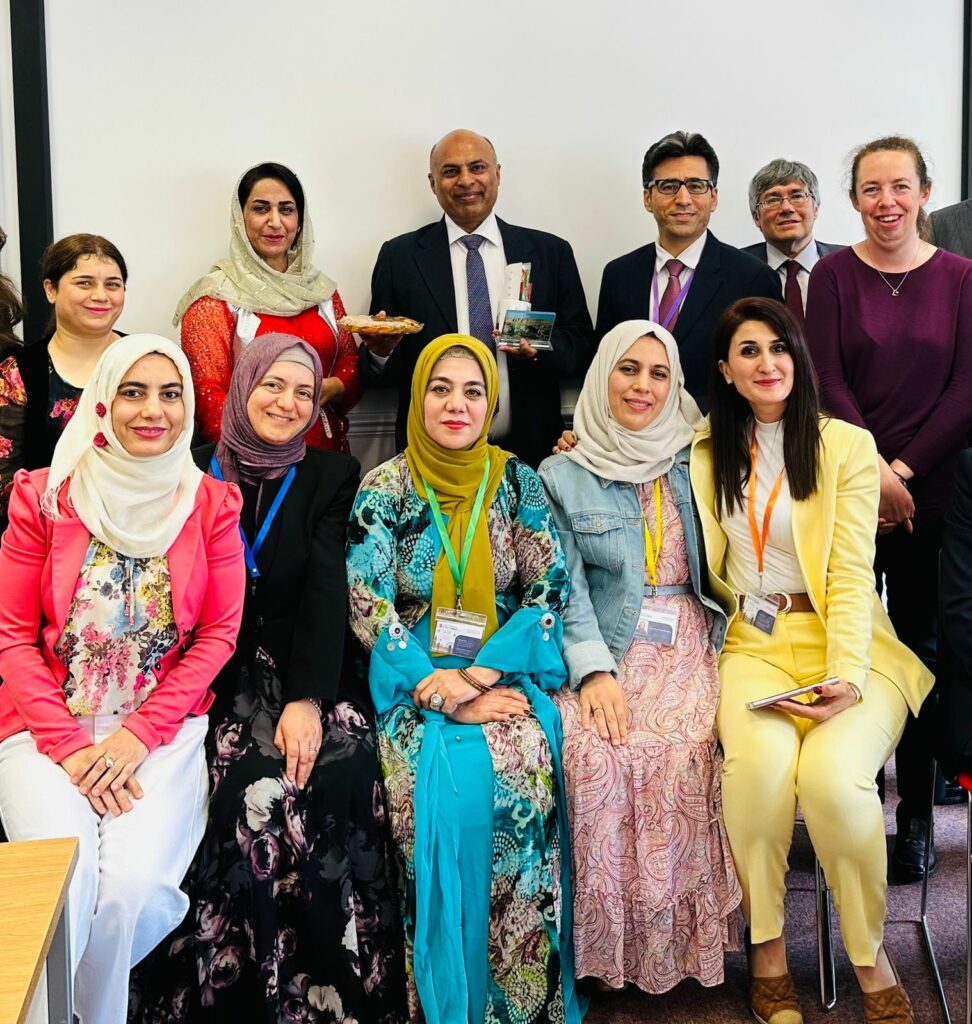
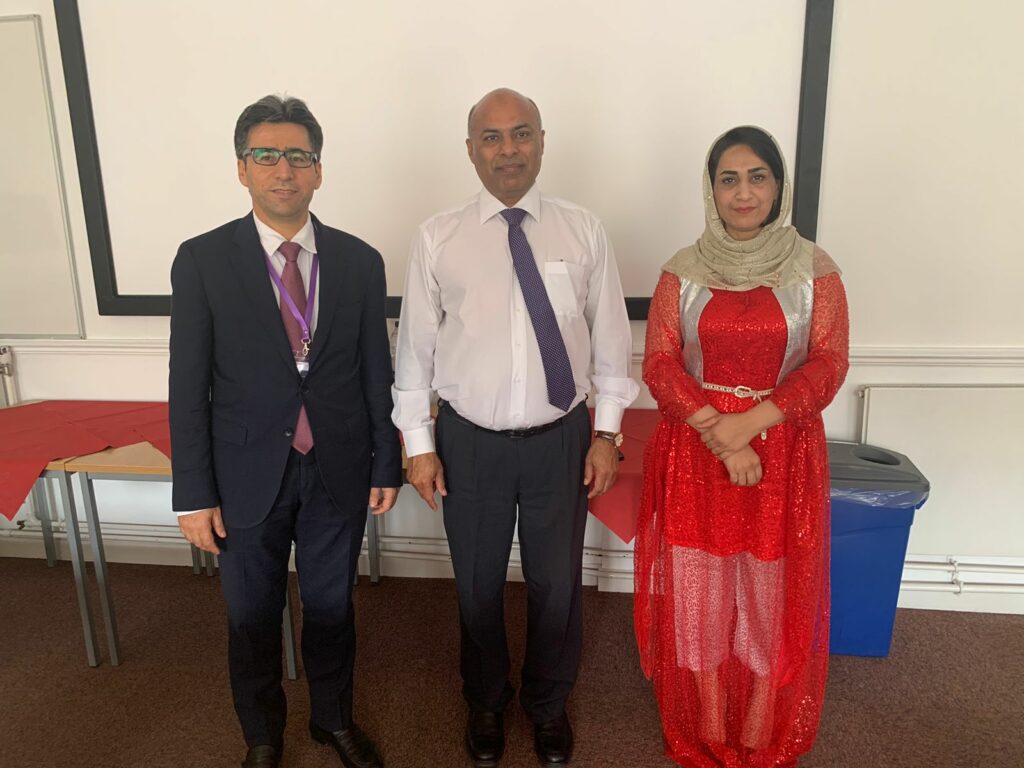
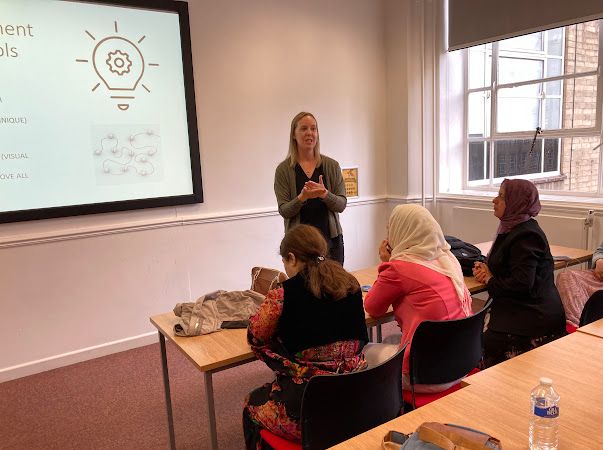
On Thursday, the 13th of July, 2023, Prof. Dr. Edrees Muhamad Tahir Harki, the Rector of the Erbil Polytechnic University and the President of the Iraqi Branch of Toyota Japanese Company signed a memorandum of understanding.
In the ceremony, the Rector delivered a speech and said: “Such similar memoranda between the university and the private sector does not exist, but we as the Erbil Polytechnic University is the first university in the Middle East to find jobs directly for our graduates. And such memoranda of understanding are beneficial to both sides because our graduates get jobs and companies benefit from their talents.”
Then, the President of Toyota/Iraqi Branch said: “We have a concept of cooperating and participating in the development of Iraq and the Kurdistan Region and the purpose of such projects is to help in providing job opportunities for university graduates. We want to be the pioneer of all Japanese companies in Iraq and the Kurdistan Region.”
Finally, the Rector invited the company to become a leader in the job seeking program that the Erbil Polytechnic University is currently working on. As a university, we want to ensure that our graduates do not think about government employment and get job opportunities in the private sector.
It is worth mentioning that the delegation of our university consisted of the Dean of the Erbil Technology College, the Head of Automotive Technical Department of the Erbil Technology College, the Directors of the International Relations Office, the Career Development Center and the Relations Coordinator between the university and the company.
The Memorandum of Understanding content between the Erbil Polytechnic University and the Toyota Company/Iraq:
- Providing some of the practical training requirements by the company.
- Training the teachers of automotive technical department in the Erbil Technology College in several technical fields of automotive.
- Providing internship opportunities for second year diploma students and third year bachelor’s students on an annual basis.
- Giving the information of the Automotive Department graduates to Toyota Company-Iraq to consider them for employment opportunities in the company according to the company’s procedures.
- Delivering e-training in the automotive technology field for the automotive department lecturers to be exclusive to the teachers of the department.
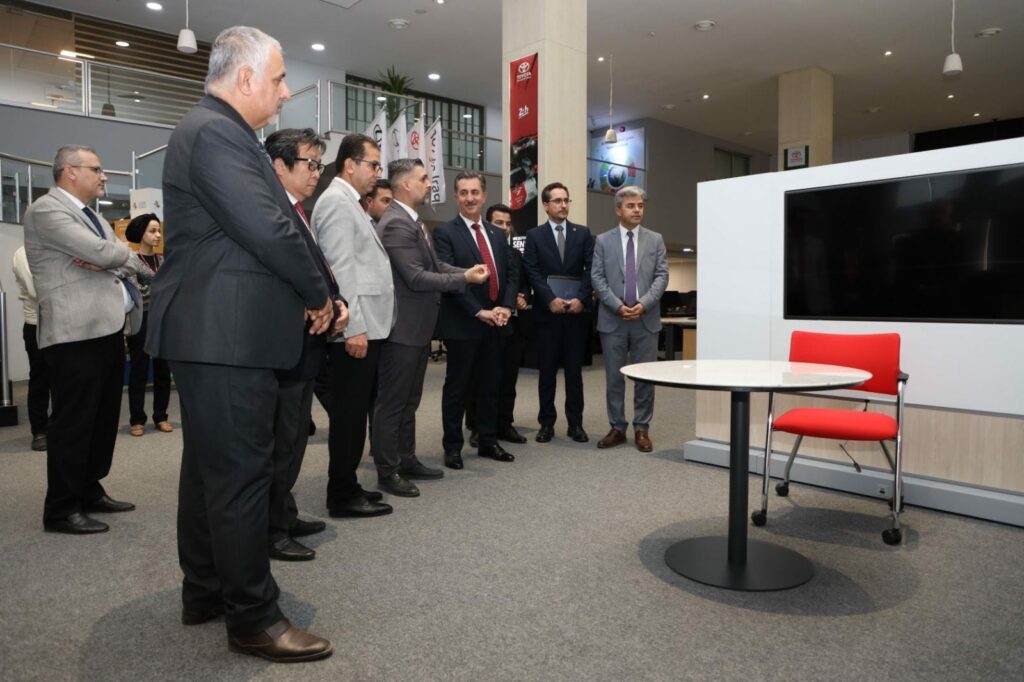
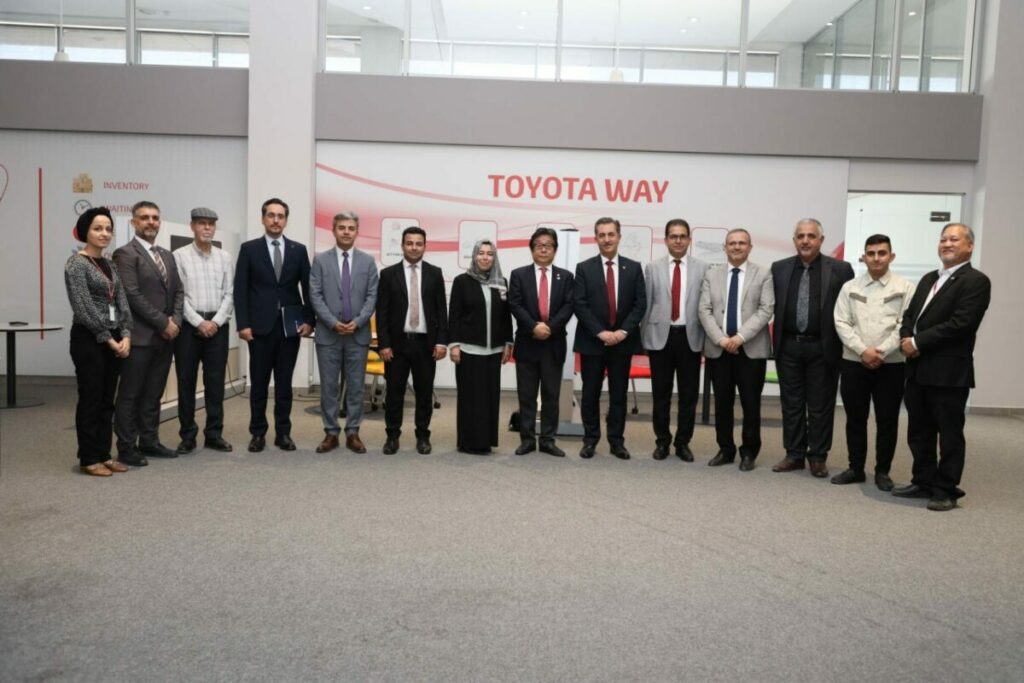
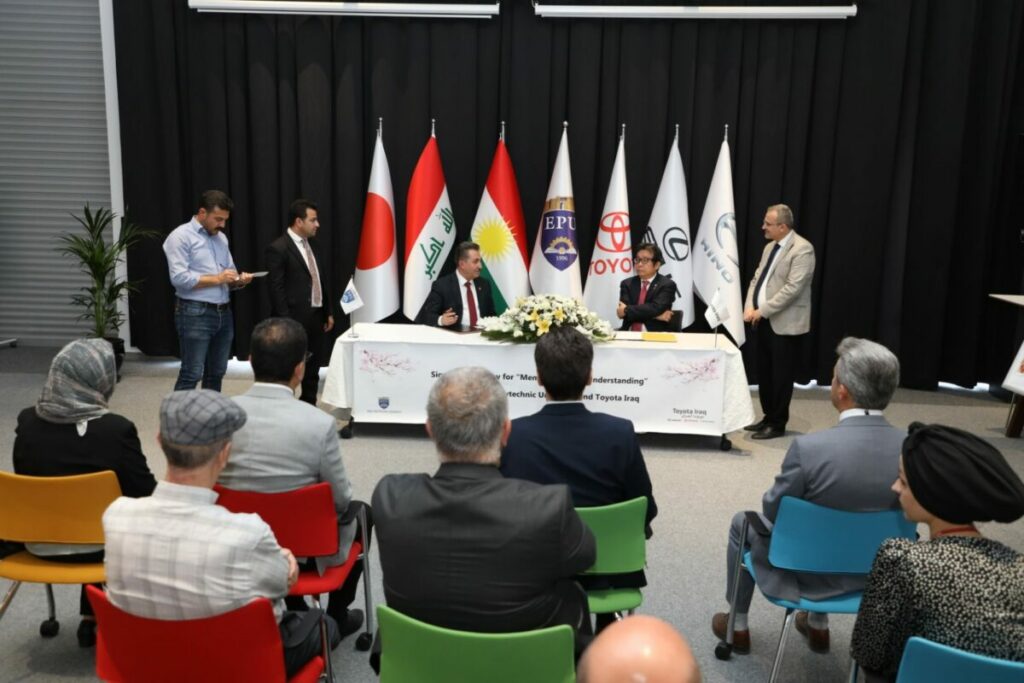
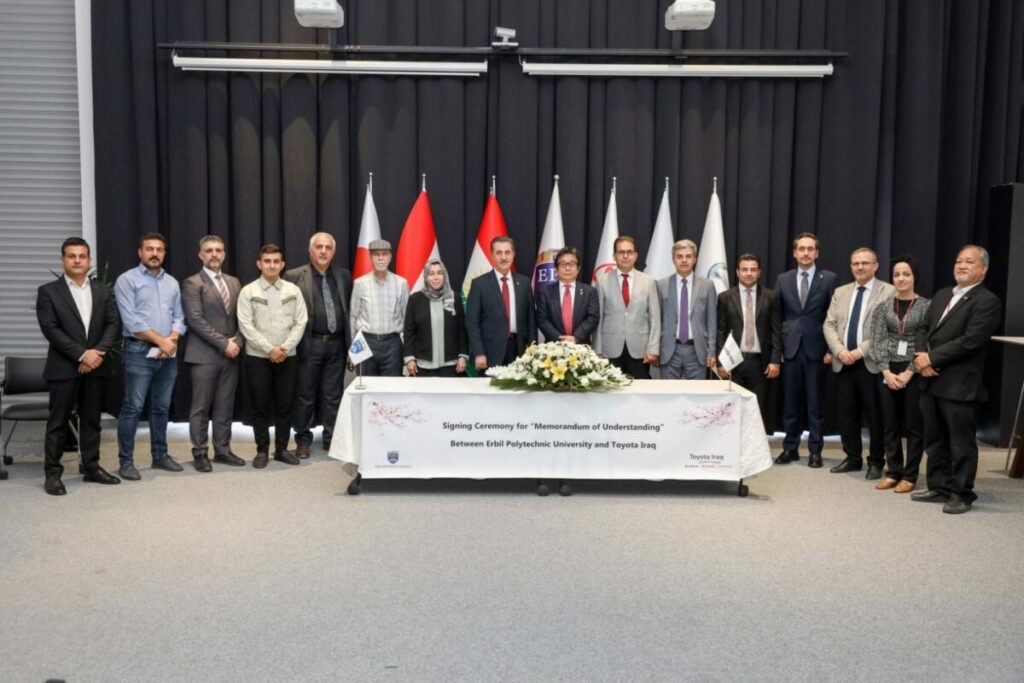
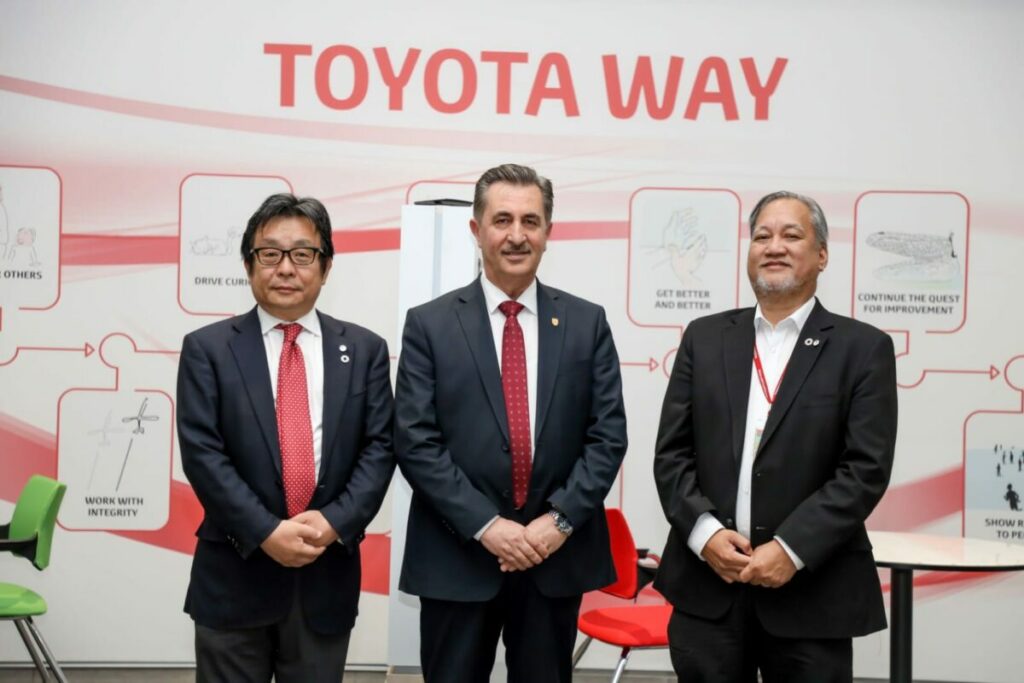
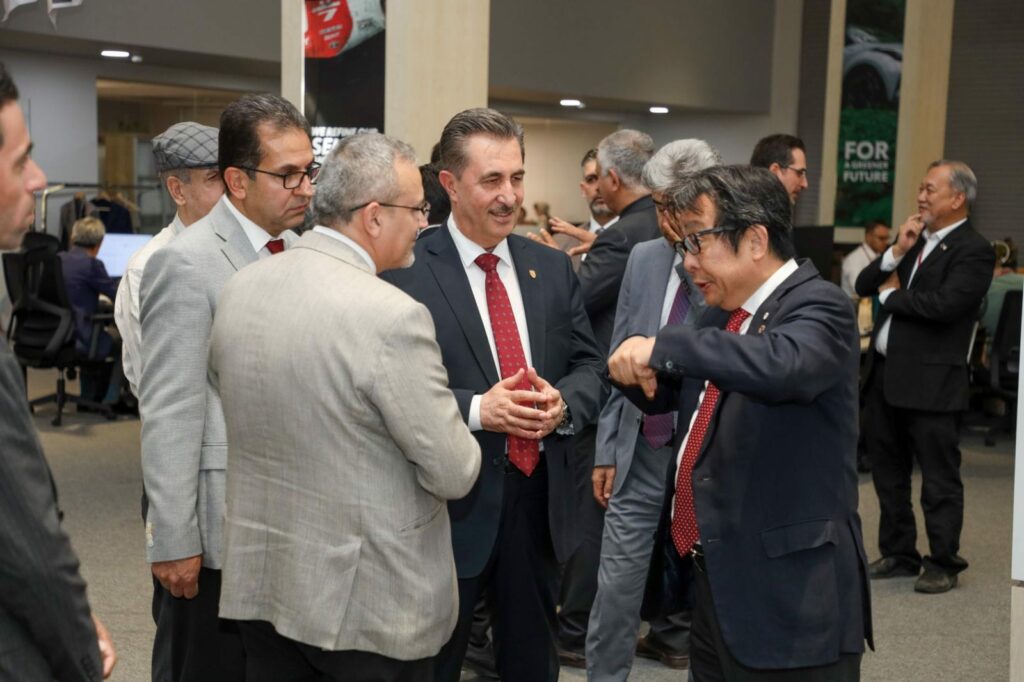
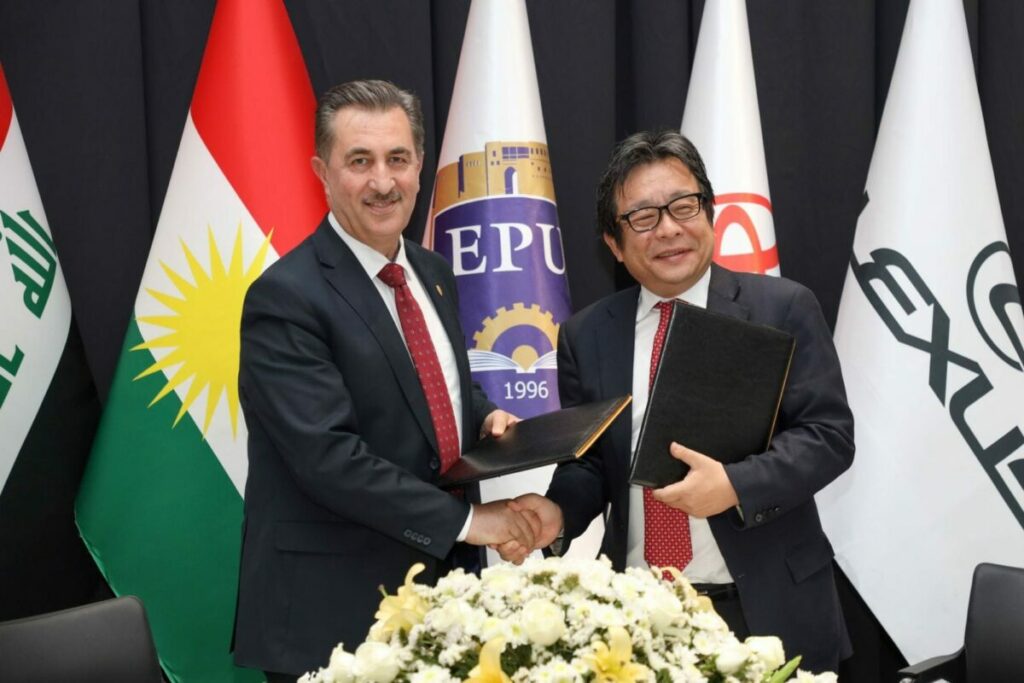
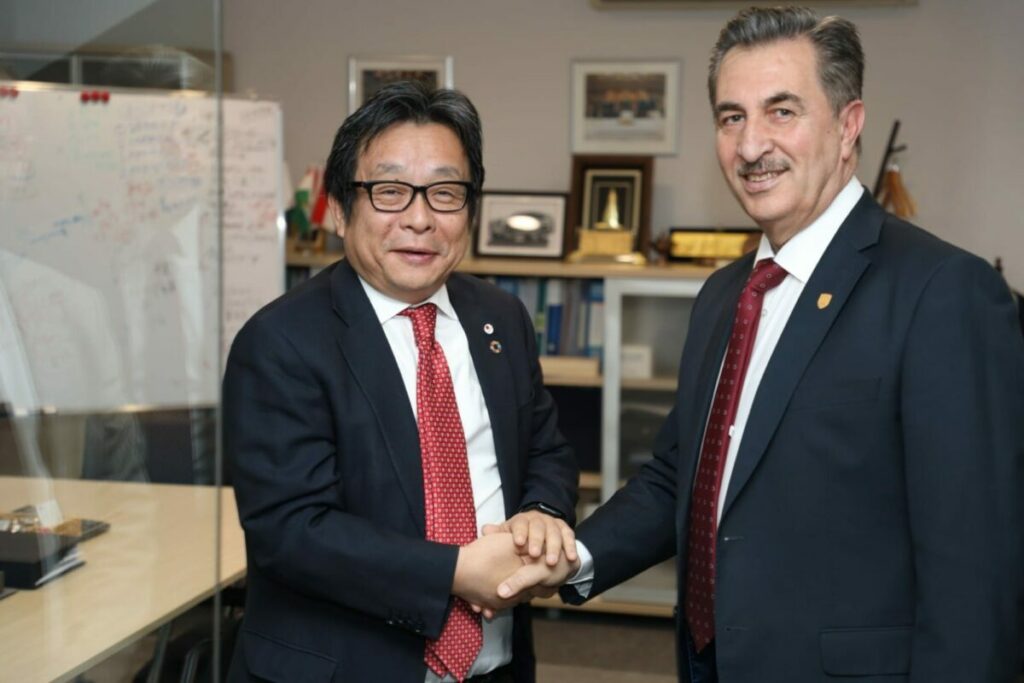
-
Hamad Mustafa Saleh -
hamad.mstafa@epu.edu.iq - 0750 467 5095
- Hamad Mustafa Saleh
-
ABSTRACT
The current serologic and molecular research work was designated to reassess endemicity of Toxoplasma (T.) gondii which is reckoned a ubiquitous zoonotic protozoan among aborted women, ewes, and does in Erbil, the Kurdistan region of Iraq. To meet the requirements of the survey, 80 aborted women, who attended both Maternity Teaching Hospitals in Erbil and Soran, were examined serologically and molecularly from November, 2021 to Abril, 2022. Moreover, 55 aborted ewes, and 30 aborted does were chosen in afore-mentioned cities at the same period and tested serologically and molecularly as well. The seroprevalence of the parasite demonstrated that 18/80 (22.5%) of aborted women had anti-toxoplasma IgG and the rest were negative. On the other hand, 4/80 (5%) women were harbors of anti-toxoplasma IgM and the rest were negative. Furthermore, the seroprevalence of the parasite demonstrated that 13/55 (23.63%) of aborted ewes had anti-toxoplasma IgG and the rest were negative. On the other hand, 2/55 (3.63%) ewes were harbors of anti-toxoplasma IgM and the rest were negative. Despite that, the seroprevalence of the parasite demonstrated that 8/30 (26.66%) of aborted does had anti-toxoplasma IgG and the rest were negative. On the other hand, 1/30 (3.33%) does were harbors of anti-toxoplasma IgM and the rest were negative. The occurrence of amplification of fragment was 100% of the toxoplasma samples. As well as, the expected patterns were provided in the samples with T. gondii. The result showed that the Toxoplasma species (Women 1, Ewes 2, and Doe 1) was 100% and ewes 12, does 7 were 99.9% homologous to T. gondii under the accession number (KX270387 and MK704513) due to nucleotide substitution (A → G) at the position of 207.
-
Erbil Technical Health College -
Medical Technology Department (MLT) -
Master at MLT

